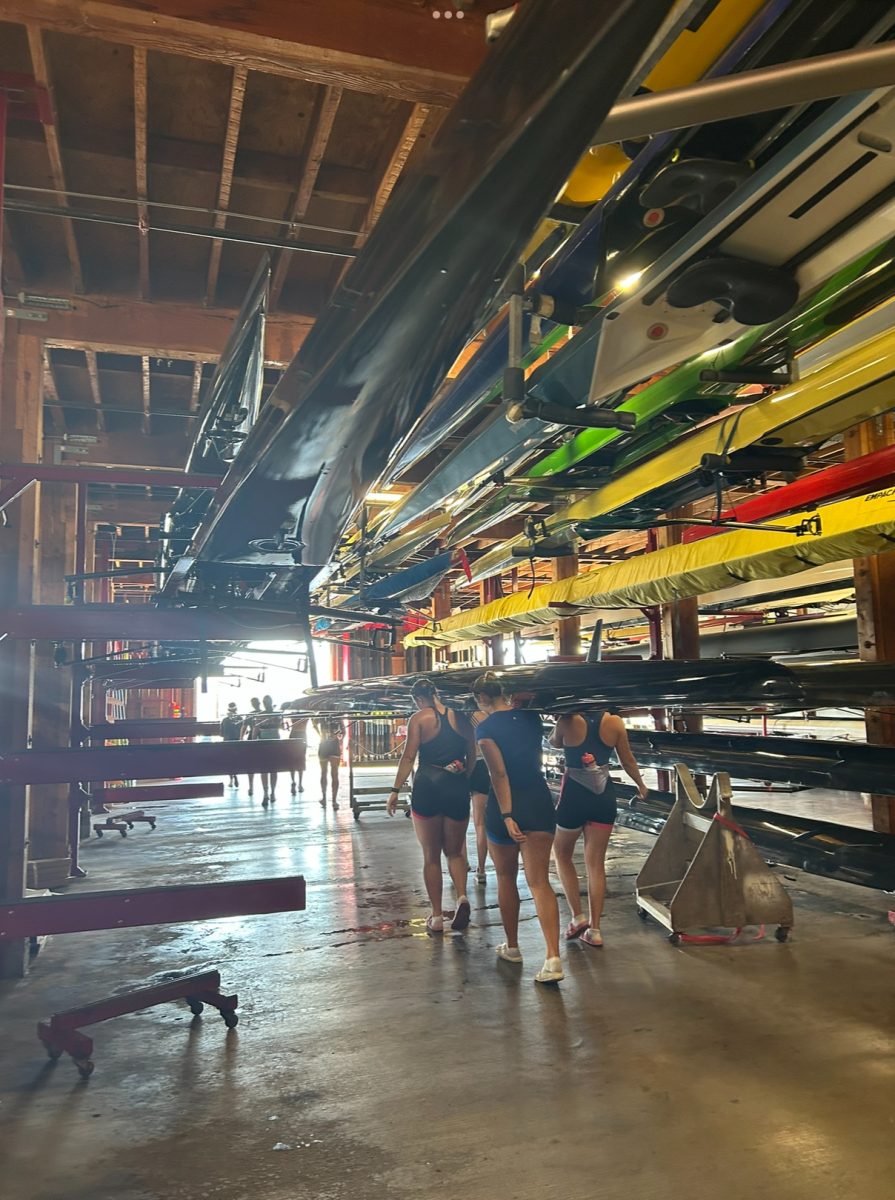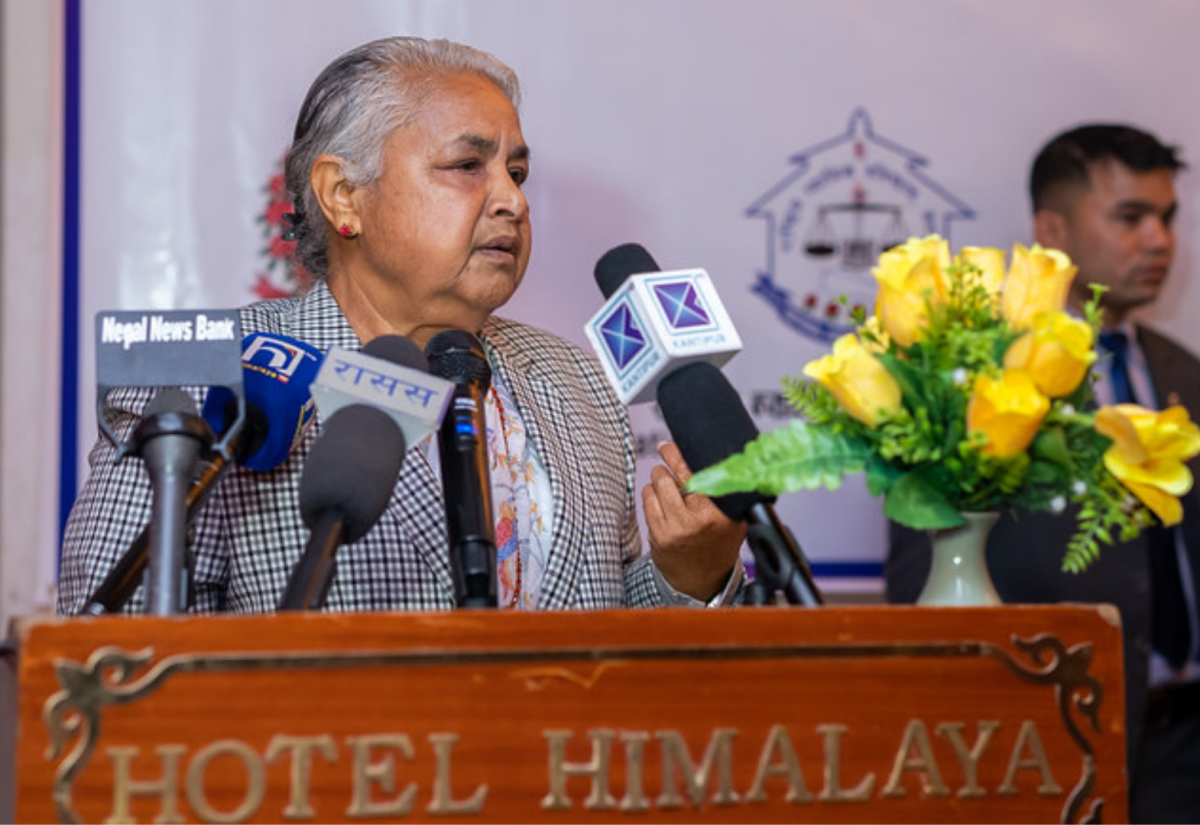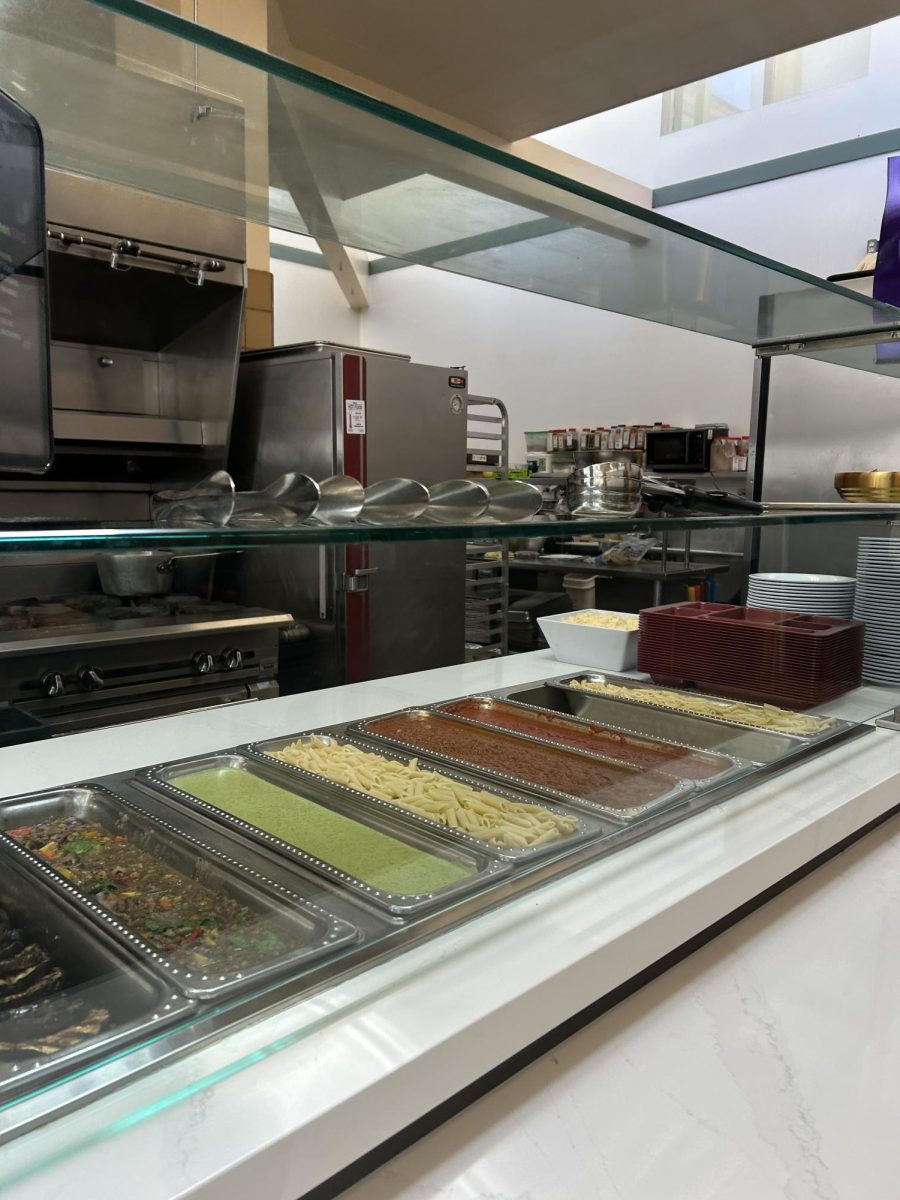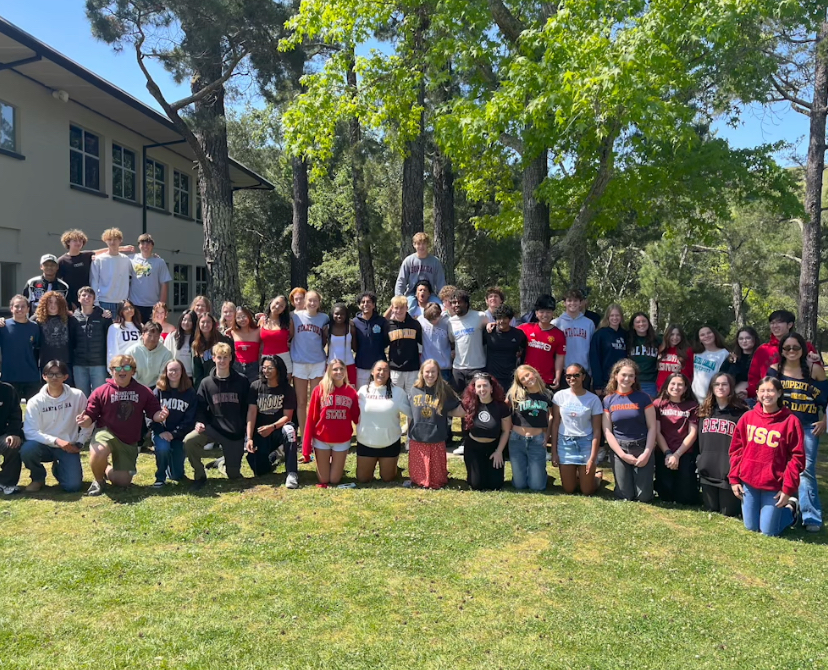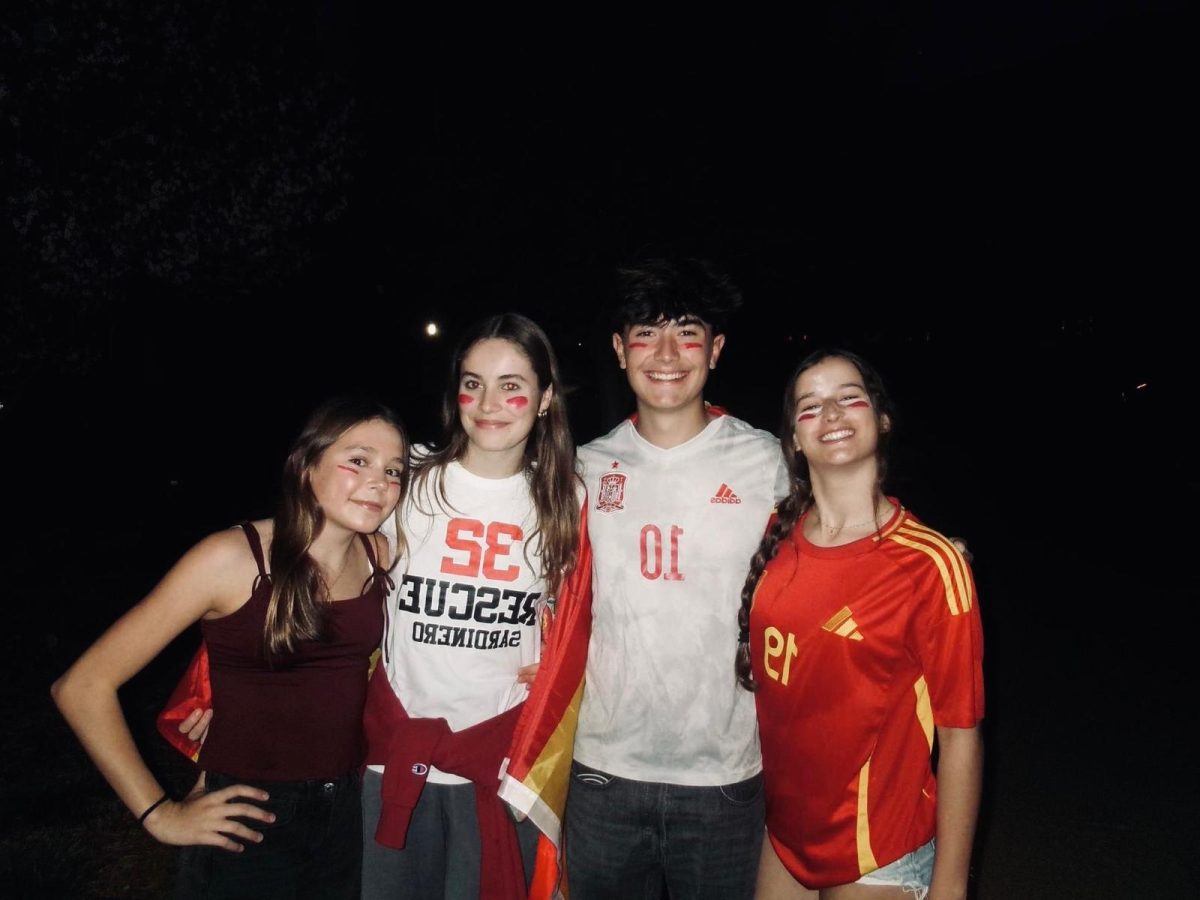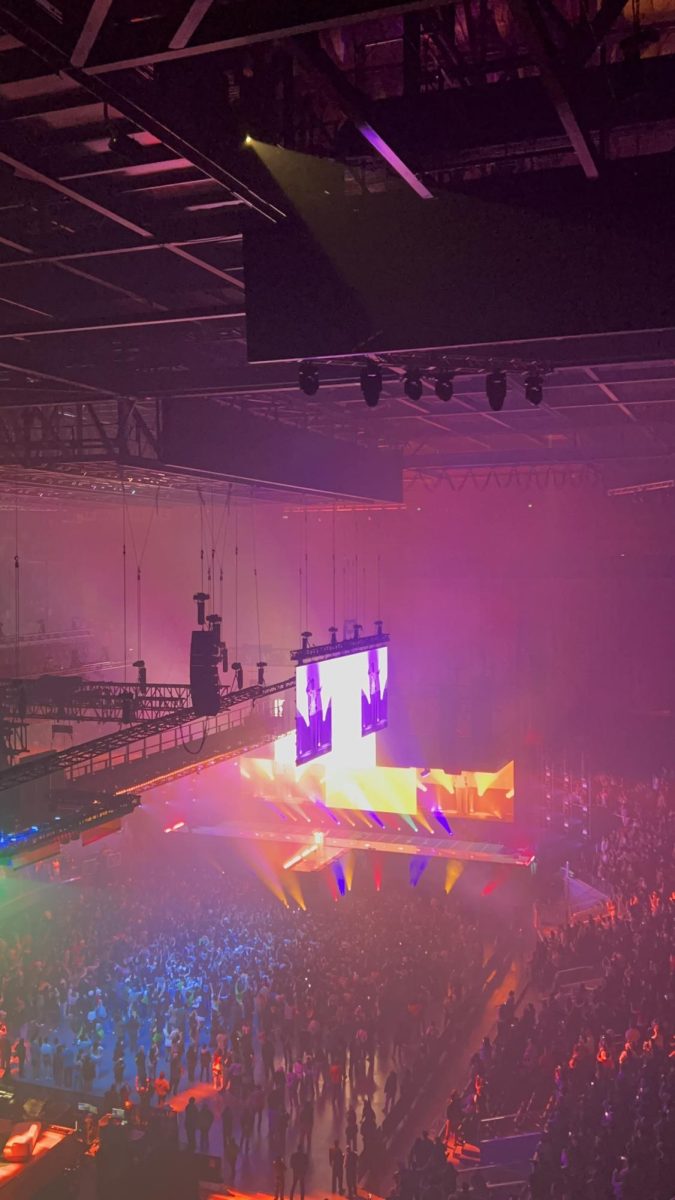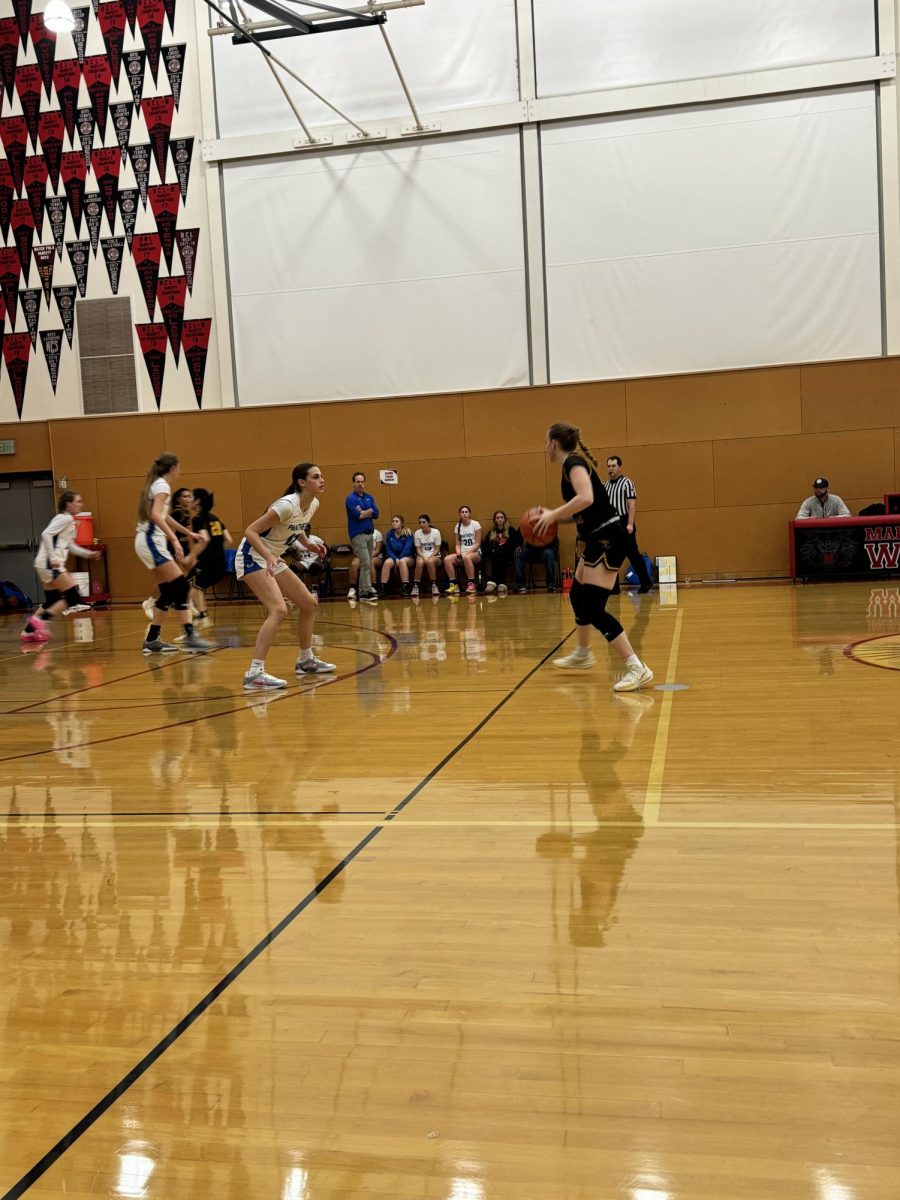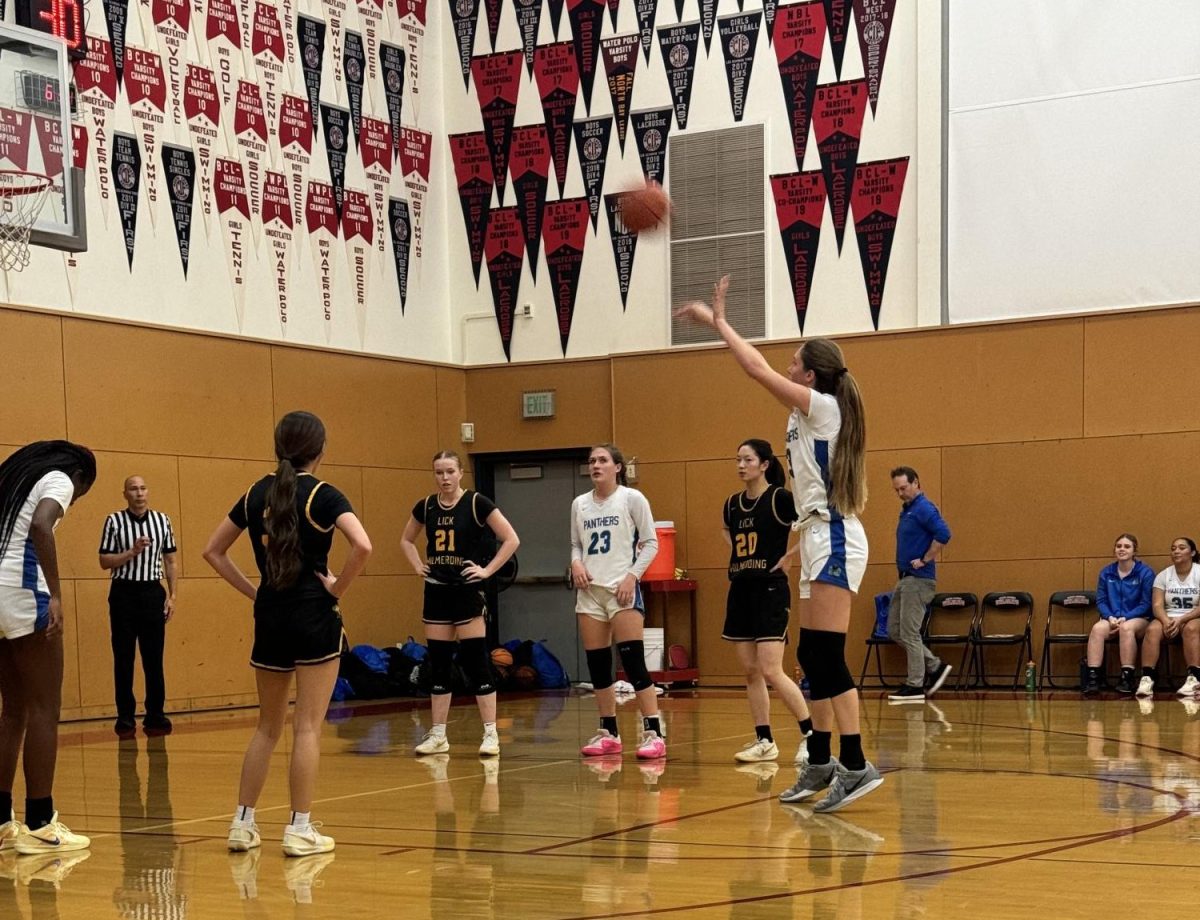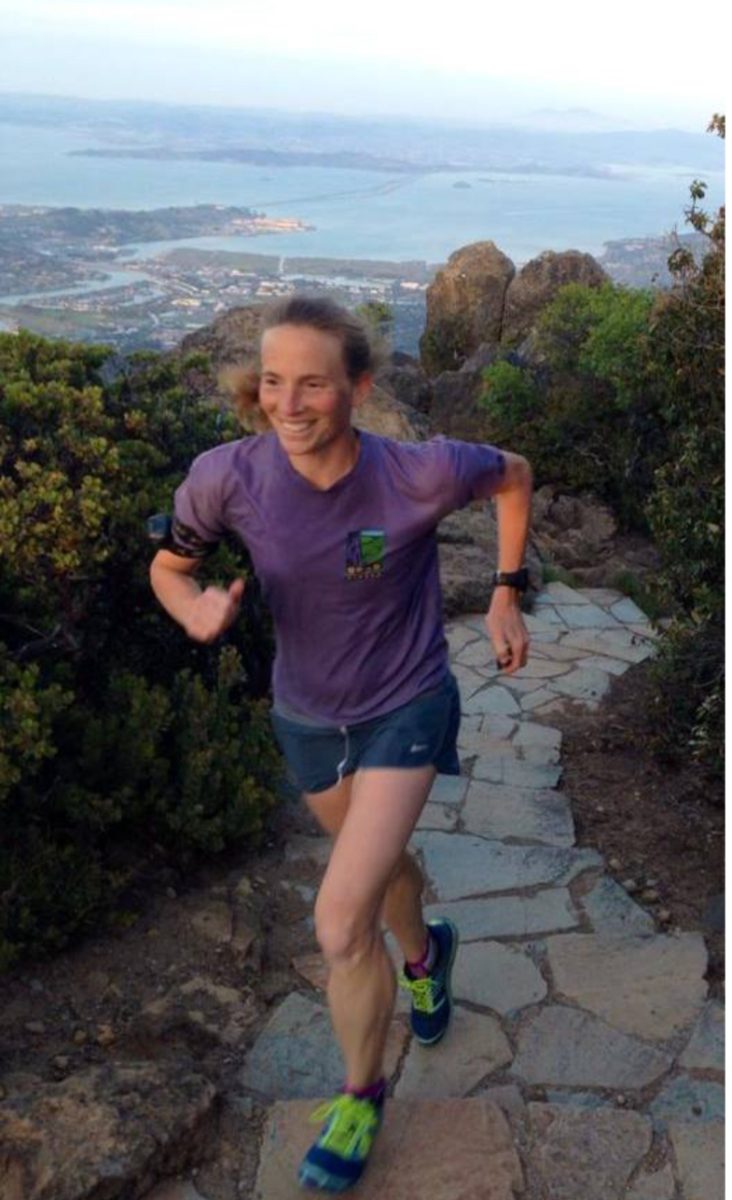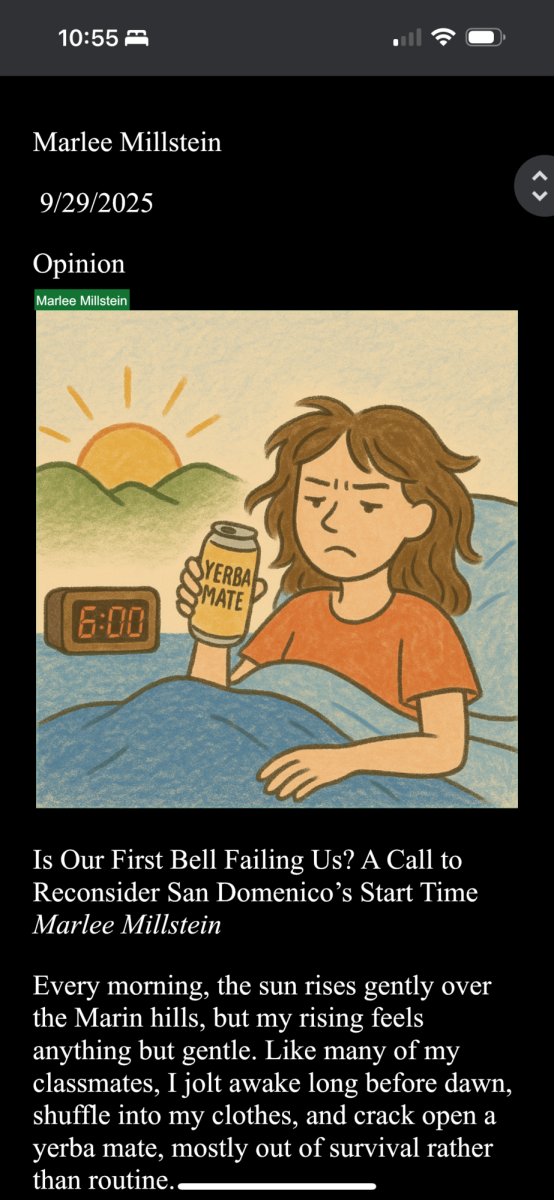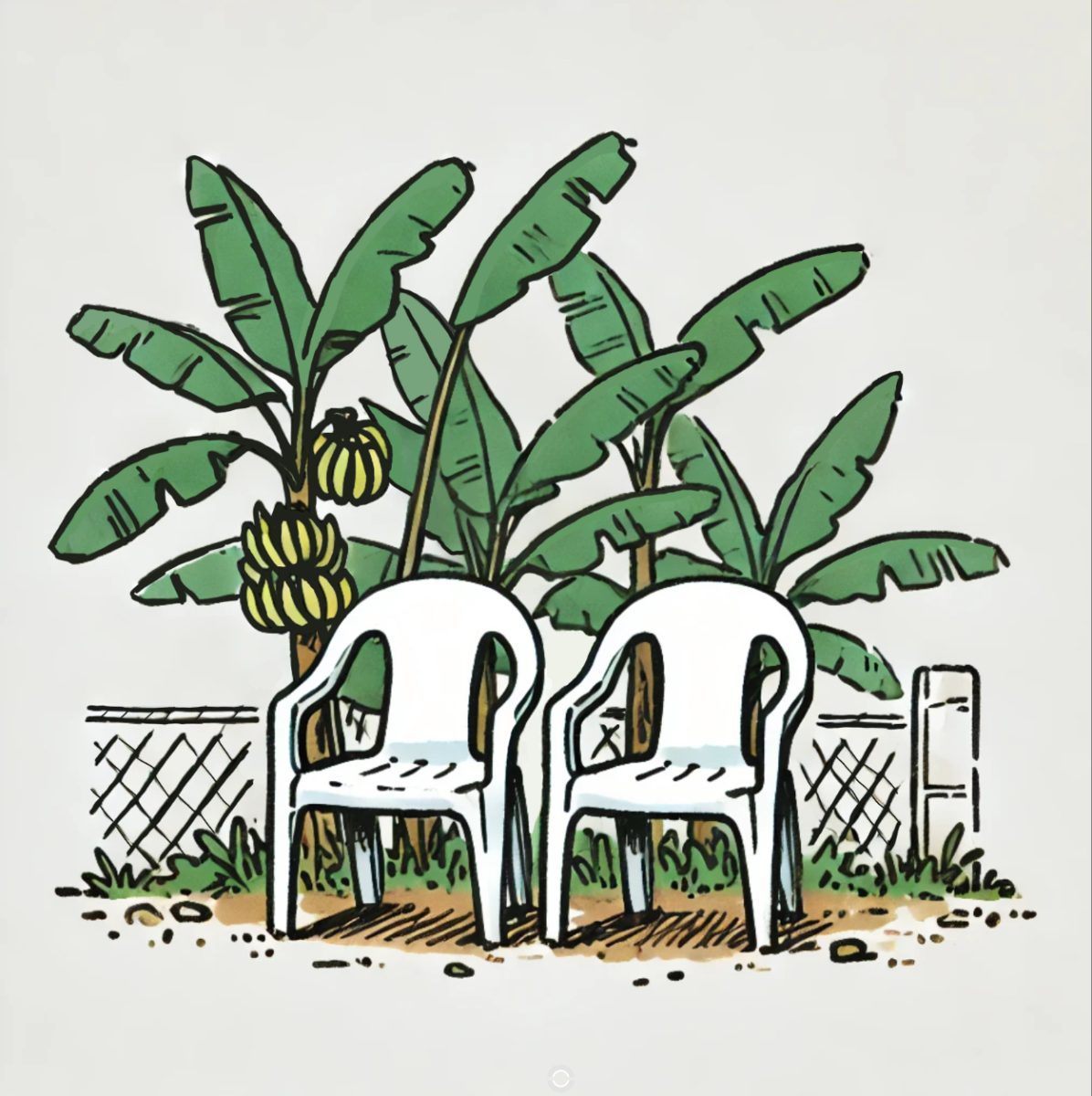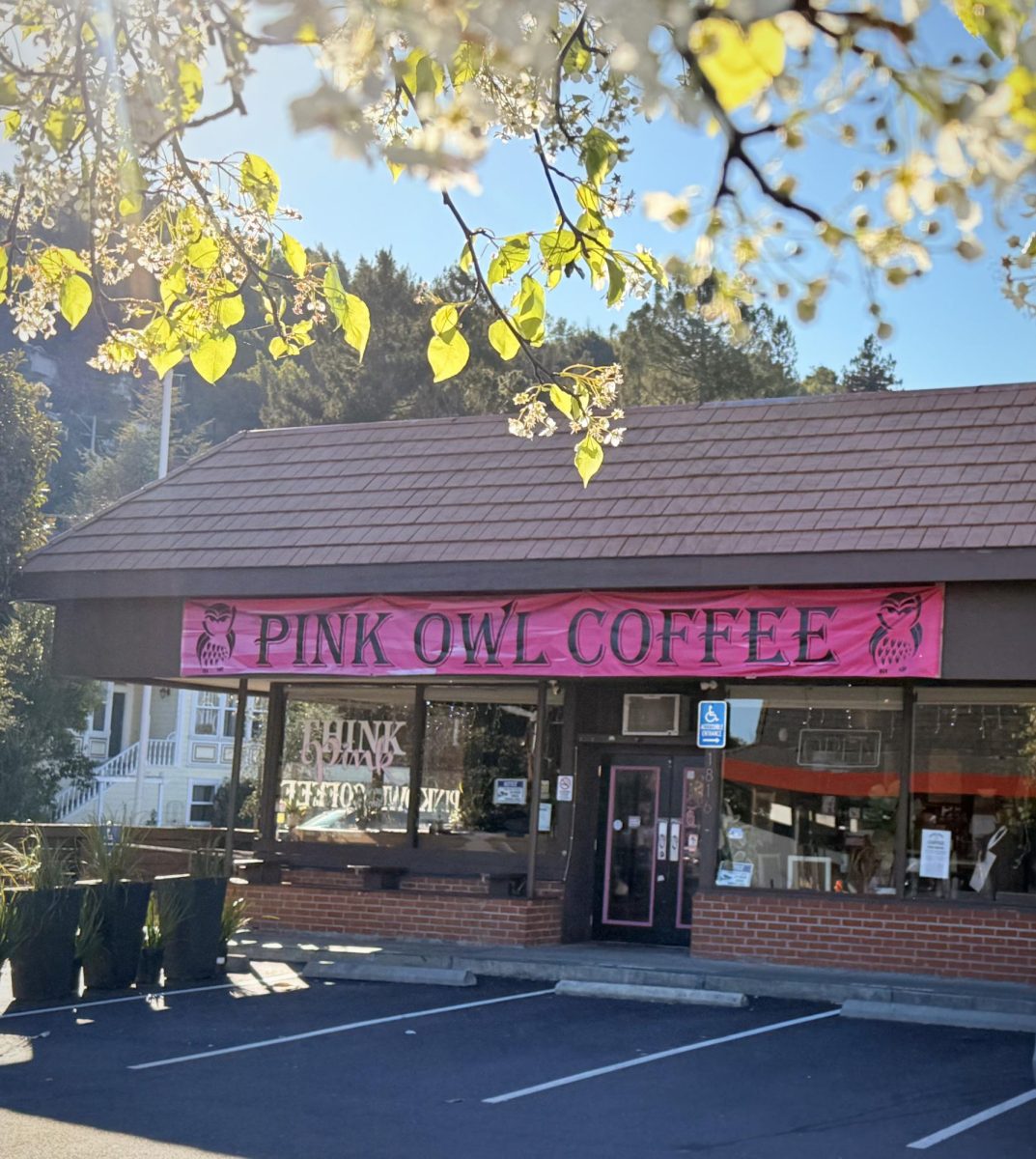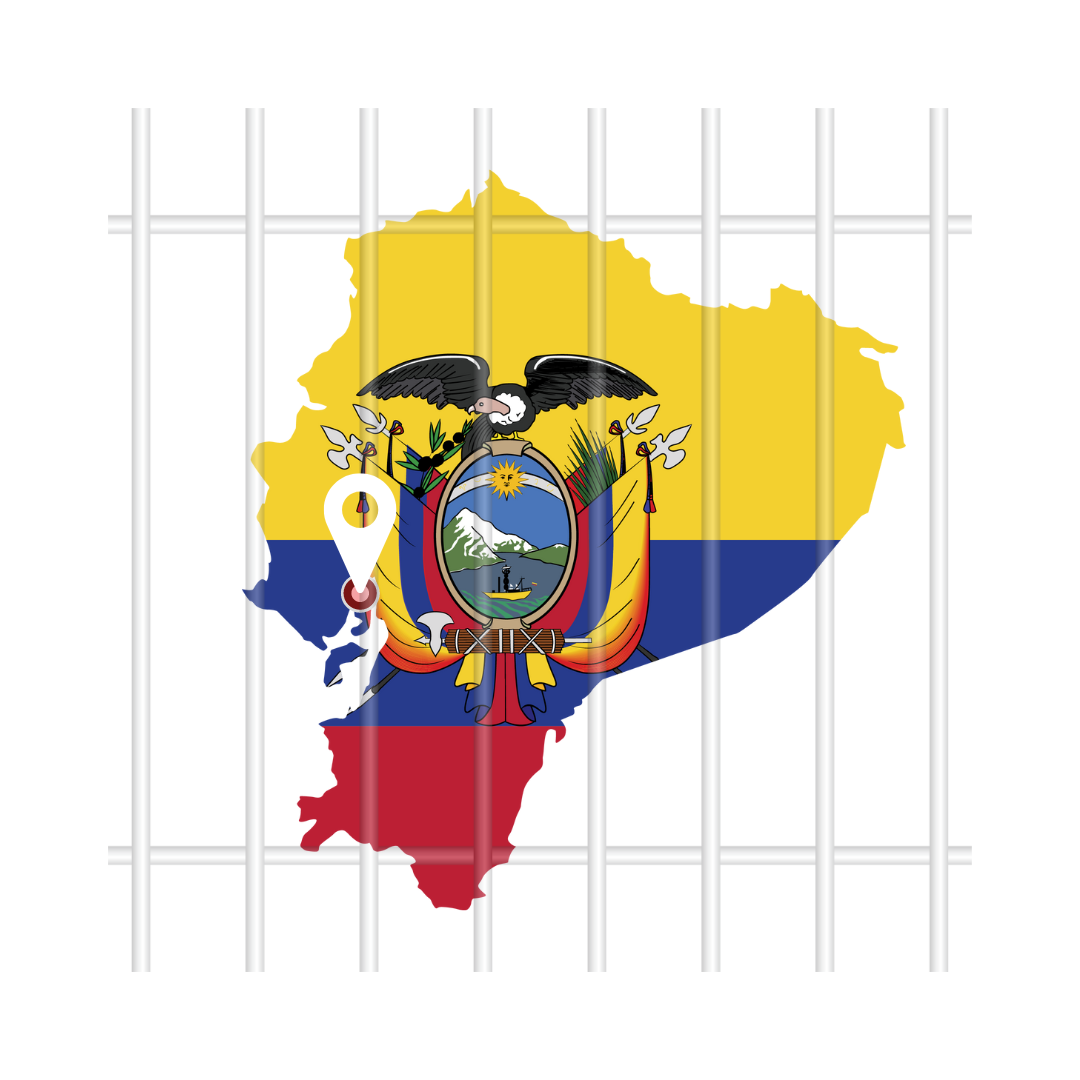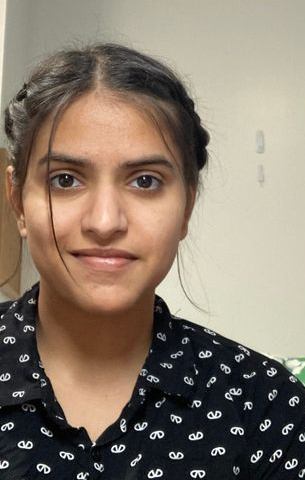When upper school students first received the news that they had the opportunity to go to Ecuador during spring break, there was an immediate air of excitement that was shared by everybody. However, events in Ecuador have taken a sharp turn since the announcement was first made. On Jan. 7, the “high-profile gang leader” in Ecuador, Adolfo “Fito” Macías, escaped from a prison in Guayaquil.
Fito was sentenced to 34 years in prison in 2011 for several different crimes such as drug trafficking and murder as reported by Reuters and CNN.
Soon following his escape, criminal and gang violence emerged in the surrounding areas of Guayaquil. Despite 3000 police officers and armed forces members being tasked with the duty of finding Fito, violent acts such as kidnapping of police members, and destructive attacks affecting civilians have continued since.
Gang violence and control of prison activity by gang members “in at least six prisons” have been reported by CNN. During a live broadcast on Jan. 9, 2024, TC Television studio in Guayaquil was stormed by masked gunmen. According to the General Commander of the National Police, Cesar Zapata, 13 individuals were arrested for invading the live broadcast and their action was recognized as an act of terrorism.
As a response, Ecuador’s president, Daniel Noboa, declared an “internal armed conflict,” acknowledging violent activities by multiple gangs as terrorism, and a state of emergency for 60 days, with nightly curfews from 11 p.m. to 5 a.m.
Even though the current conflict in Ecuador is fueled by the escape of a major drug lord, the conflict has a direct connection to Ecuadorian gangs working with cartels and gangs from Mexico, Brazil and Albania. Ecuadorian streets and the prisons have become both a battleground and base of their rivalry and drug trafficking.
For years, authorities have been unable to manage gang activity inside prisons, therefore lacking the correct strategy and resources to manage the rising criminal activity in the country.
In the past, President Guillermo Lasso also had multiple states of emergencies that had little to no effect on Ecuador’s situation. In the August of 2023, Lasso called for snap elections in the face of rising crime; however, Fernando Villavicencio, a former presidential candidate for Ecuador, with a campaign that included elements of cracking down on gang crime in the country, was killed, followed by further violence and demonstrations by politicians. Noboa then went on to win the election with a similar promise as that of Villavicencio.
Now, Noboa faces a problem that has been taking roots in the country since before his administration.
On the United States side, the US had already taken away visas from some of the Ecuadorian state security forces’ high-ranking officers, lawyers and judges allegedly linked to drug-trafficking.
Since 2022 the United States has had a constant travel advisory for Ecuador to level three encouraging tourists to reconsider their travel due to “civil unrest and crime.” However, certain areas such as south of Portete de Tarqui Avenue, in the city of Guayaquil and Carchi and Sucumbios provinces remain on the “do not travel” list for the United States.
The Ecuador trip for San Domenico was canceled following the unfolding of these events in Ecuador and their revelation to the media. According to the science, philosophies, ethics and world religions teacher at San Domenico’s upper school and head for the Peru trip (formerly known as the Ecuador trip), Andrew Eldredge, Jan. 7th marked a pivotal day. Eldredge has been working at San Domenico for three years but has been taking trips to Ecuador for almost 20 years.
“Ecuador is one of the most gentle, other worldly places to visit,” Eldredge said. “It’s a great place to lead trips for students to have an ecological and cultural conversion and see things in a more broad way than many of them do before they go.”
Eldredge shared with us how he came to know about the situation in Ecuador and the process of changing the plans for this spring discovery trip.
“Like everybody today, I have a cell phone and I was having dinner with a brother of mine when I started to watch [on my phone] some of the stuff spill onto the news,” Eldredge said. “By the next morning the head of school, David Wise, Ms. McKeown [and] everybody knew about [it]. [We started] strategizing, discussing the impact, how long the situation is going to be and if we need a second plan.”
Since Eldridge has taken trips to Peru before as well, Peru was an optimal alternative especially with the country having similar environmental aspects as Ecuador and major tourist attractions such as Machhu Picchu and the Amazon Forest.
A current senior at San Domenico, Dashiell Fairborn, also expressed both his excitement for the Peru trip, and appreciation for the honest and quick turn around by the faculty and administration.
“I am happy that the spirit of the trip has remained the same,” Fairborn said. “I think they had a really cool plan for Ecuador but I think they have managed to pull something really amazing together for Peru as well, on such a short notice.”
